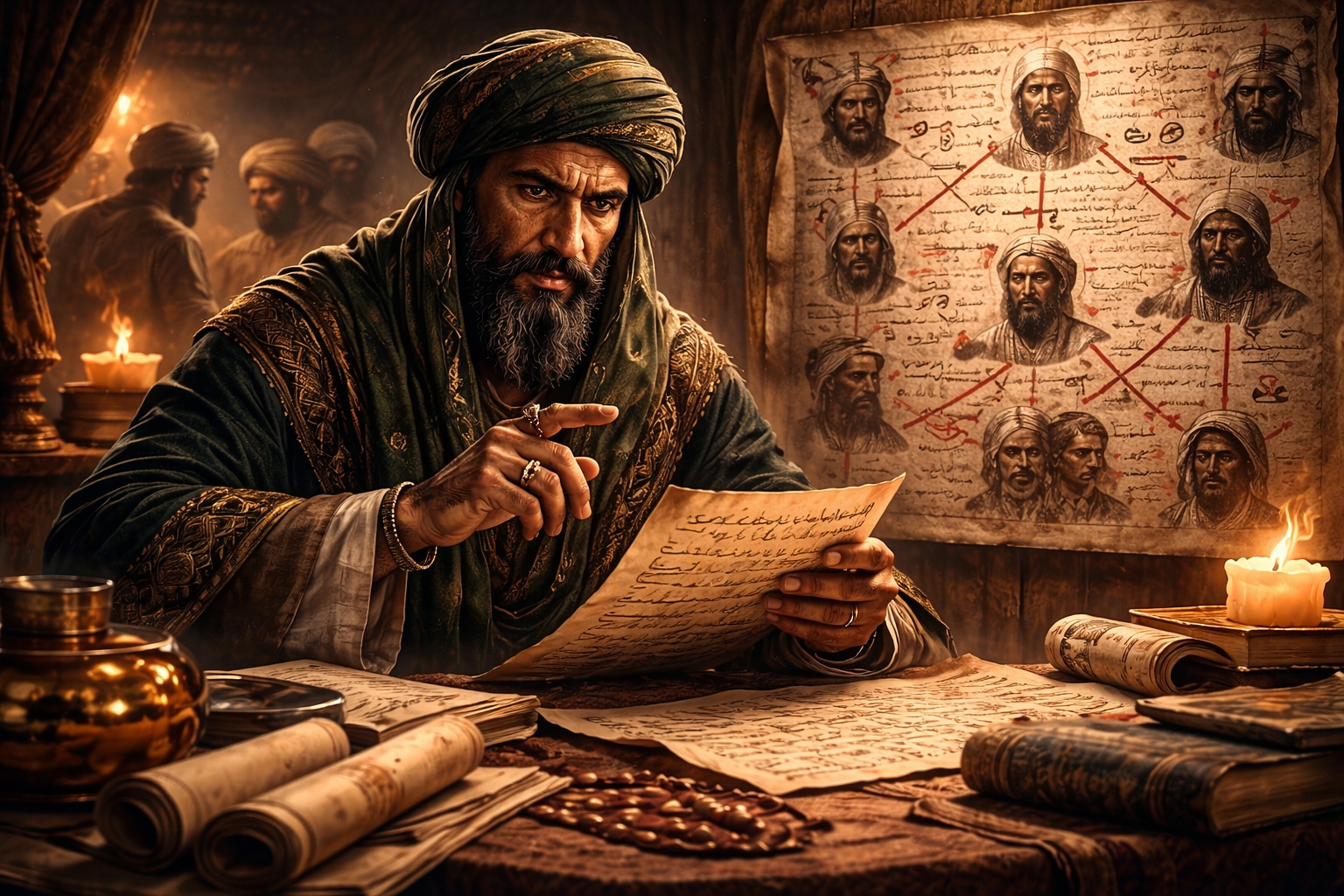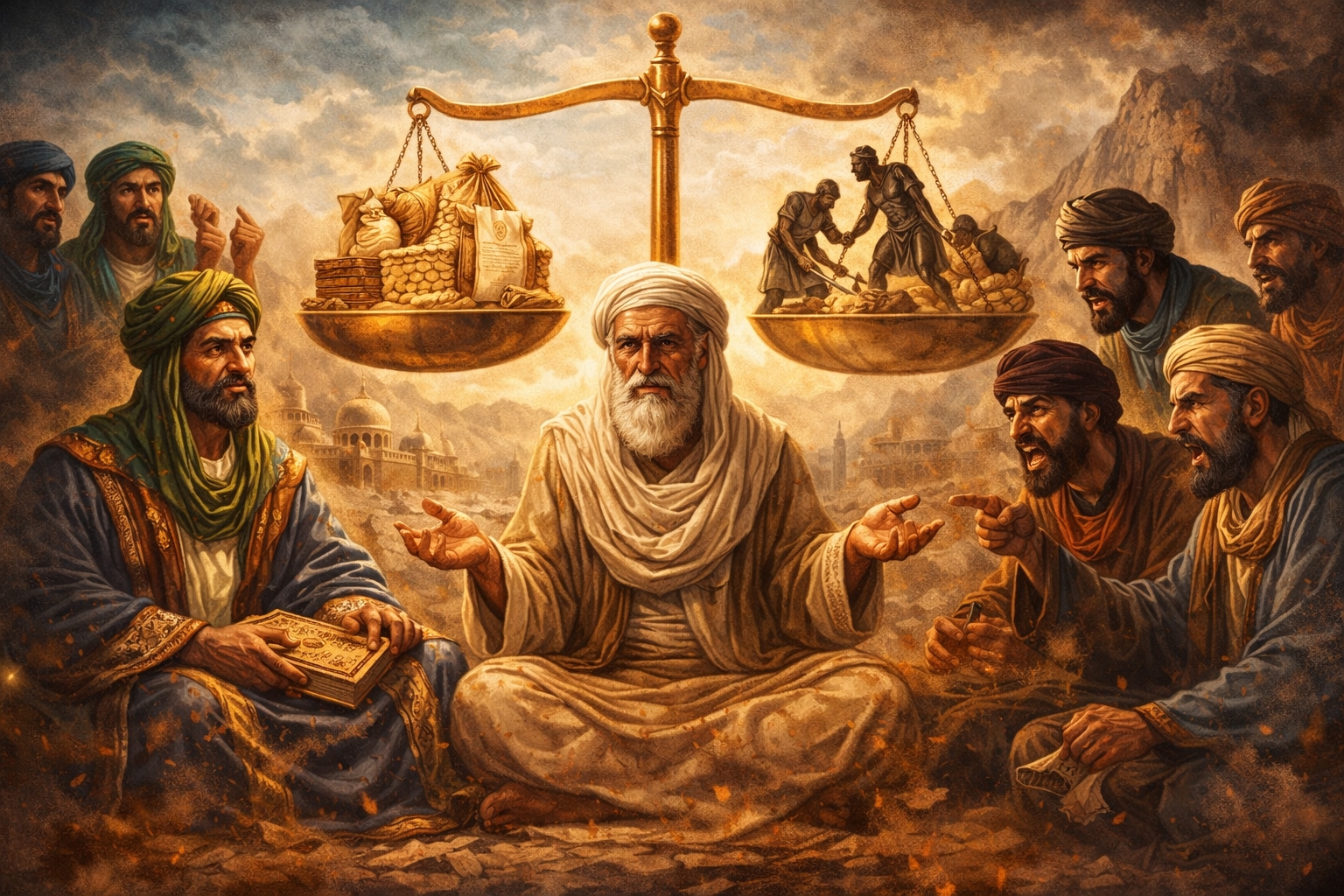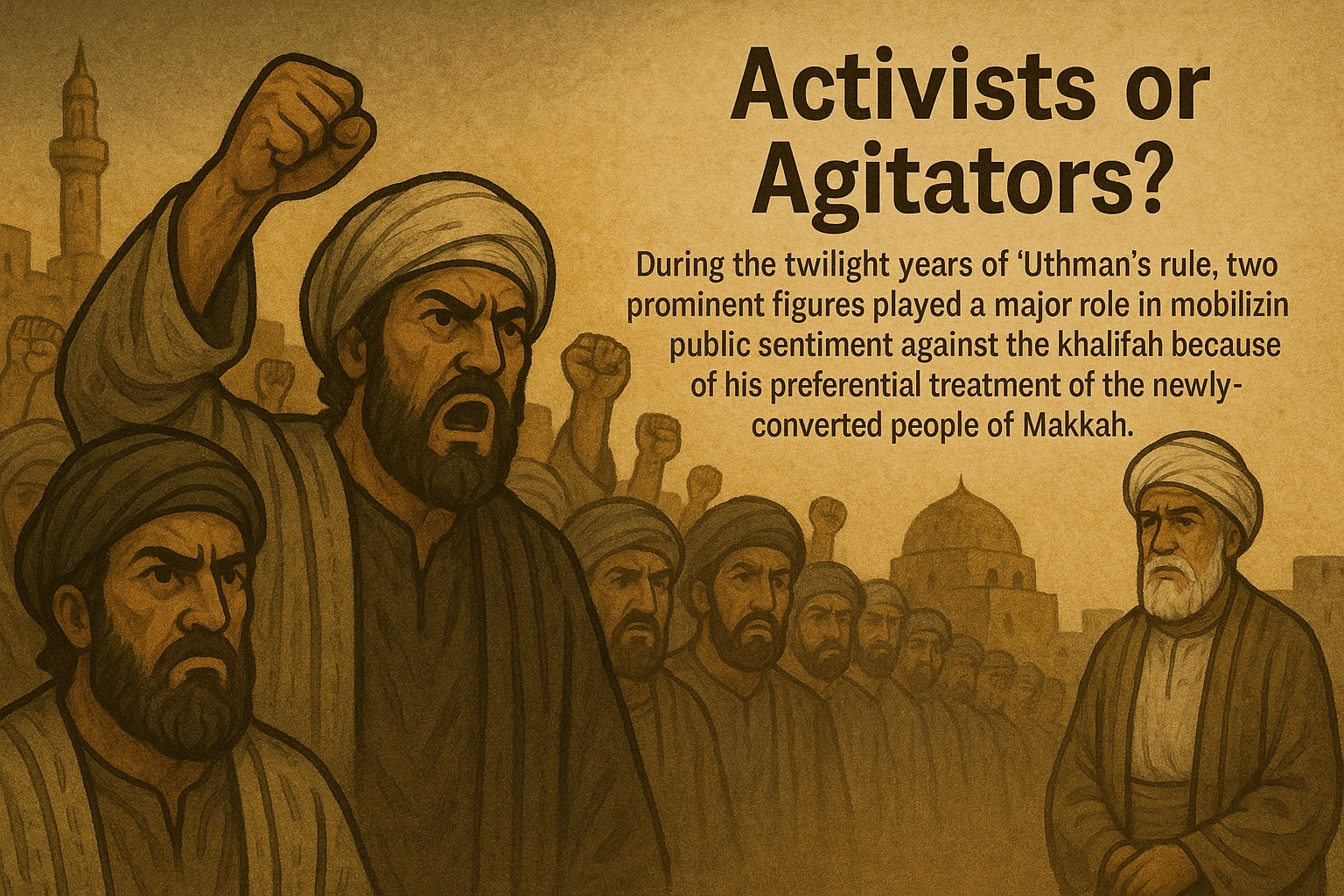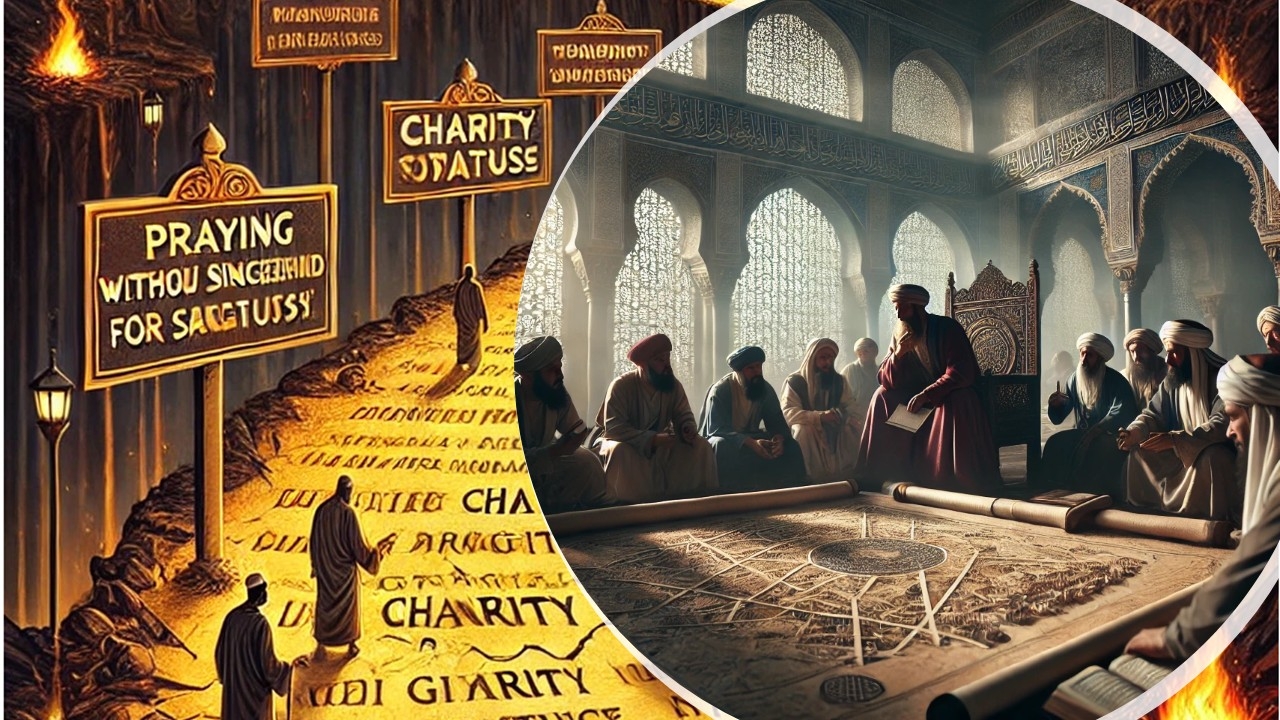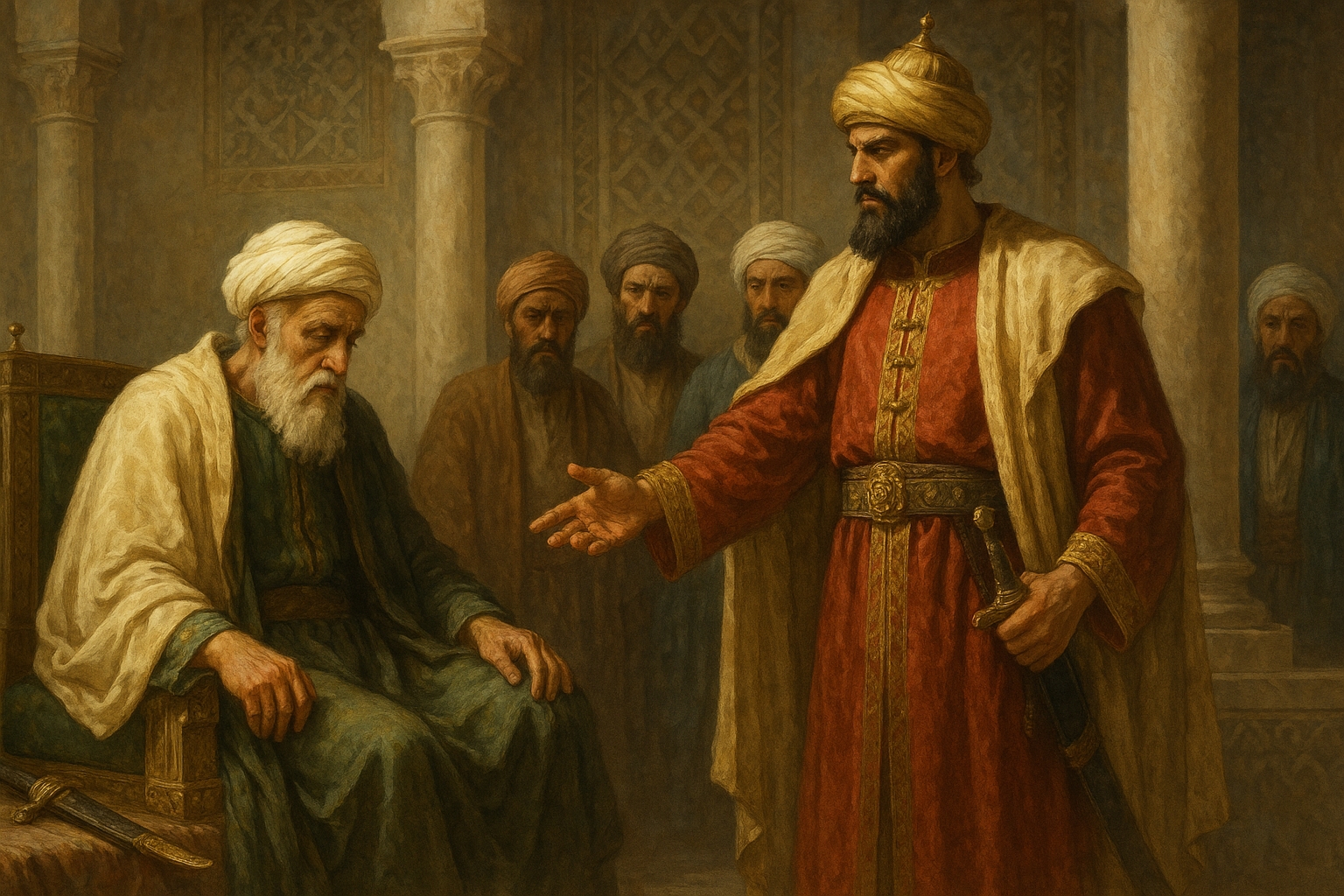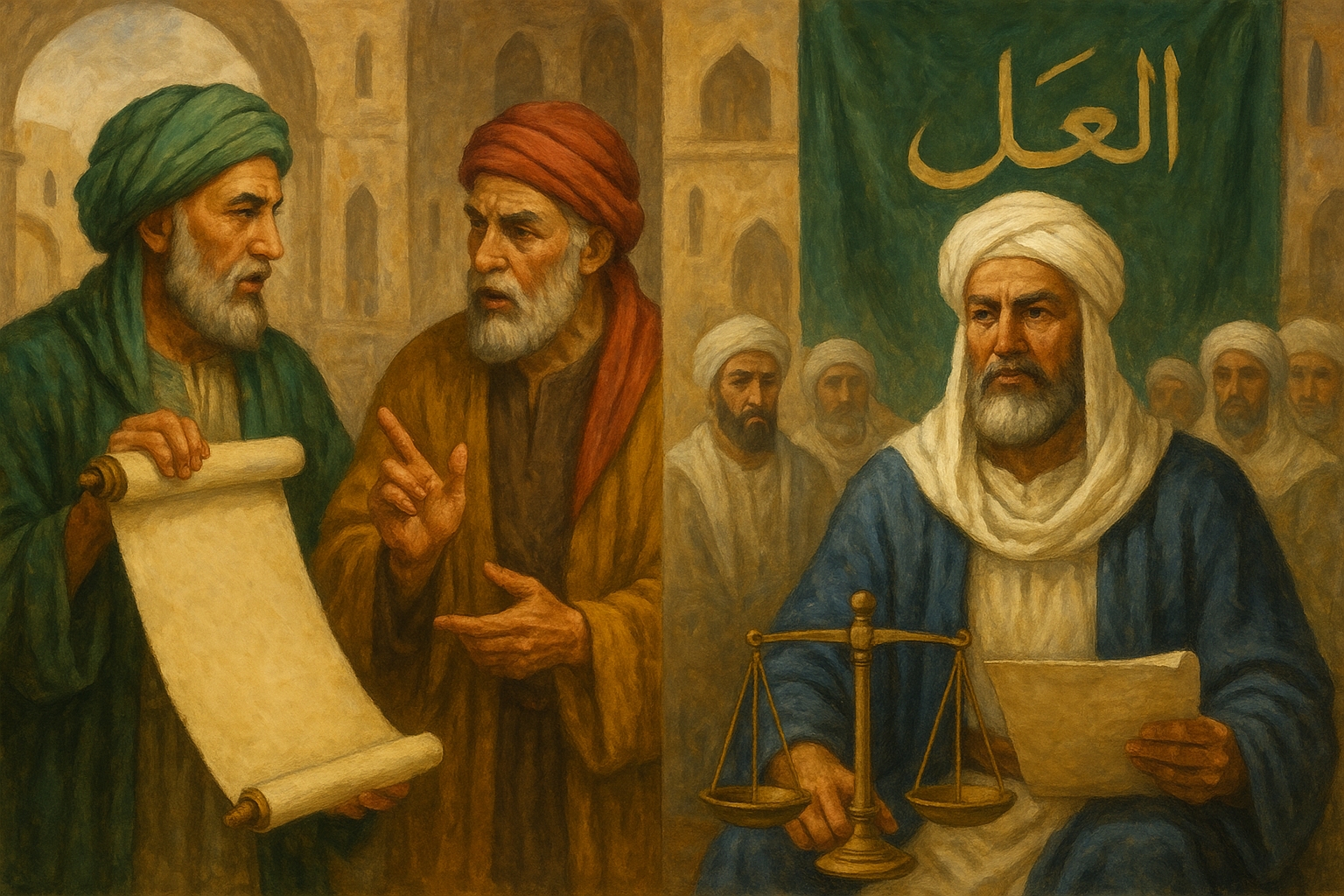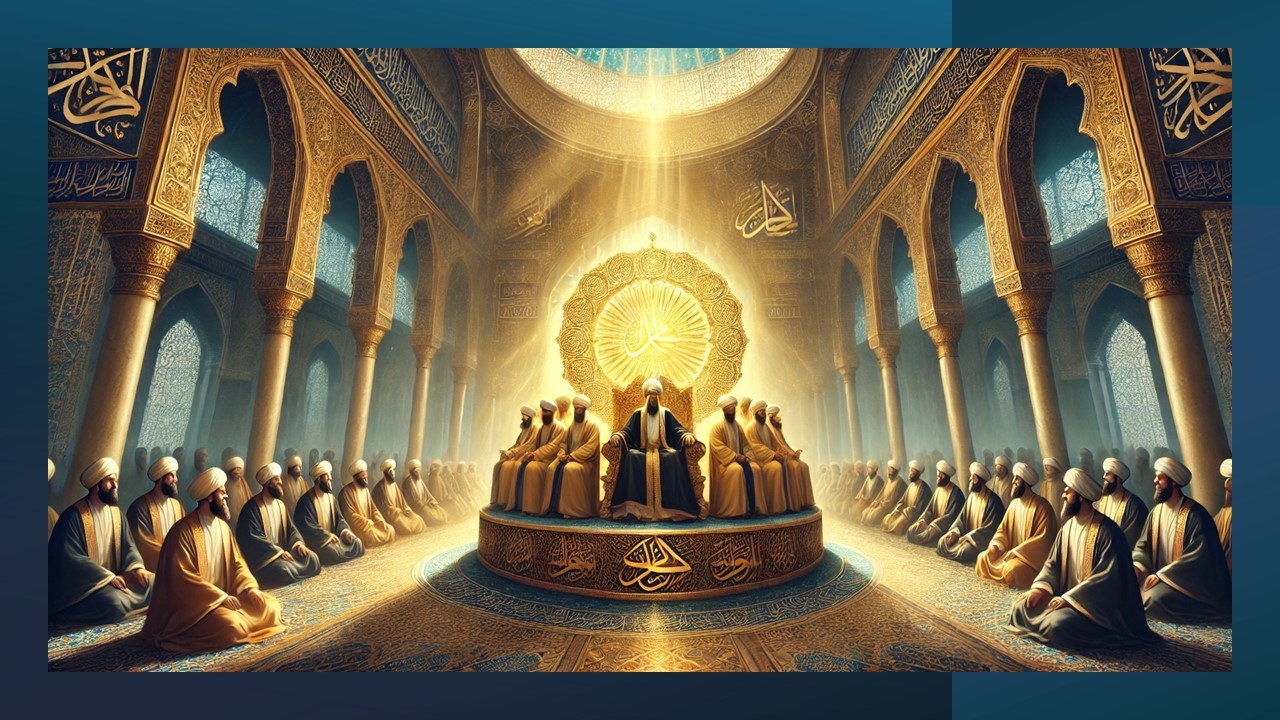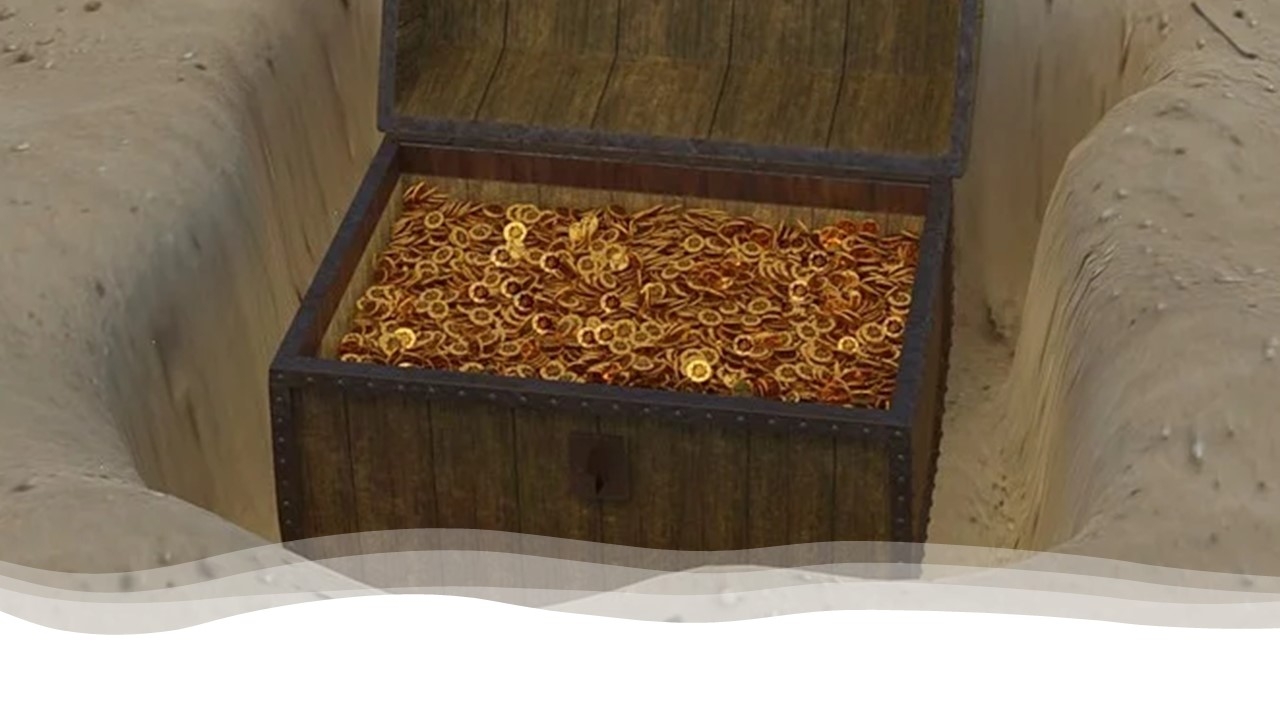



There is much controversy surrounding the character Abdullah ibn Saba’. Lurid tales about his disruptive activities in early Muslim history are narrated in some sources but did he even exist? In this segment, Abu Dharr sheds light on this murky character.
Opinion among Muslims about the third Khalifah ‘Usman is polarized. One group highlights only his positive aspects while another only his negative policies. Abu Dharr provides a balance approach to present a complete picture.
During the twilight years of ‘Uthman’s rule, two prominent figures played a major role in mobilizing public sentiment against the khalifah because of his preferntial treatment of the newly-converted people of Makkah.
‘Uthman’s appointment of his relatives caused resentment among the companions of the Prophet (ﷺ). This led to a rebellion instigated by the very kinsmen ‘Uthman had appointed to such positions.
The manner in which the third Khalifah, Uthman’s family and clan gradually usurped power requires proper understanding. Much of subsequent disasters that struck the early Muslims can be traced directly to their politics and ambitions.
The first two Khulafah—Abu Bakr and Umar—gave Makkans the opportunity to break from their jahili past and join the egalitarian principles of Islam. Unfortunately, Mu‘awiyah exploited this during Uthman’s rule with disastrous consequences for the Ummah.
Muawiyah is a controversial figure in Muslim history. Some Muslims elevate him to the rank of a Sahabi (companion of the Prophet (ﷺ)) while others view him as a murderer because he killed many Sahaba. What do traditional Muslim history books say about him?
The rise of pre-Islamic ‘asabiyah occurred during ‘Uthamn’s rule when he appointed members of his clan and the broader Quraish tribe to important positions. It was not necessarily ‘Uthman’s intent but its consequences were detrimental to the ethos of Islam.
In his continuing series, Abu Dharr highlights how in the latter years of Uthman’s rule, some elite started to acquire riches and their Islamic commitment waned. This did not sit well with the new Muslims who were attracted to Islam because of its emphasis on social justice and equity.
In his continuing series of articles on developments in post-Prophetic history, Abu Dharr explains how Uthman’s policy of trying to win over the affluent persons of Makkah resulted, inadvertently, in creating a wealthy class and left behind the committed Muslims.
The third Khalifah Uthman’s decision to “liberalize” the economy, though well-intentioned, resulted in creating an enterprenuerial class. Its effect on the Muslim society was negative and created schisms whereby there emerged the haves and the have-nots.
During ‘Uthman’s rule as khalifah, certain policies were implemented that while good-intentioned had negative consequences for the future of the Ummah.
Uthman’s decisions in appointing his Umawiy relatives to important positions was not done with malice but their ultimate result was negative for which the Muslim Ummah paid a heavy price.
In this article, Abu Dharr discusses why and how Sa ‘d ibn Abi Waqqas, a very early Muslim and companion of the Prophet (pbuh), was mistreated by Uthman when he became the ruler. Properly understanding early Islamic history will enable us to arrive at the correct conclusions.
In his ongoing series from early Islamic history, Abu Dharr discusses the contrasting behaviour of ‘Umar and “Uthman when they ruled the Islamic heartland and beyond. The rapidly expanding Islamic domain also had its impact.
In moving away from ‘Umar’s policy of keeping the newly-converted Makkans to Islam under strict observation, the third Khalifah, ‘Uthman opened the floodgates of elitism and nepotism. This proved disastrous from the Islamic polity.
In his continuing series, Abu Dharr sheds light on the role of latter-day Muslims—al-Tulaqa (amnestied combatants in the words of the Prophet (pbuh)) and how Usman’s policies, unintentionally, facilitated their rise into power.
The late-comer Makkan elite to Islam were Muslims of convenience. They harboured deep animosity toward Muslims and waited for an opportune moment to strike. Umar dealt with them sternly while Usman showed leniency resulting in serious consequences for the Islamic polity.
What had started as a goodwill gesture to help the needy and poor in society during Uthman’s rule, turned into exploitation by the rich and powerful. It resulted in serious consequences for the Ummah.
‘Uthman, the third successor to the Prophet (pbuh), opened the Treasury to benefit the people. It led to the emergence of a class of people who thought it was their right to expect large stipends. The consequences were disastrous for the Ummah.
